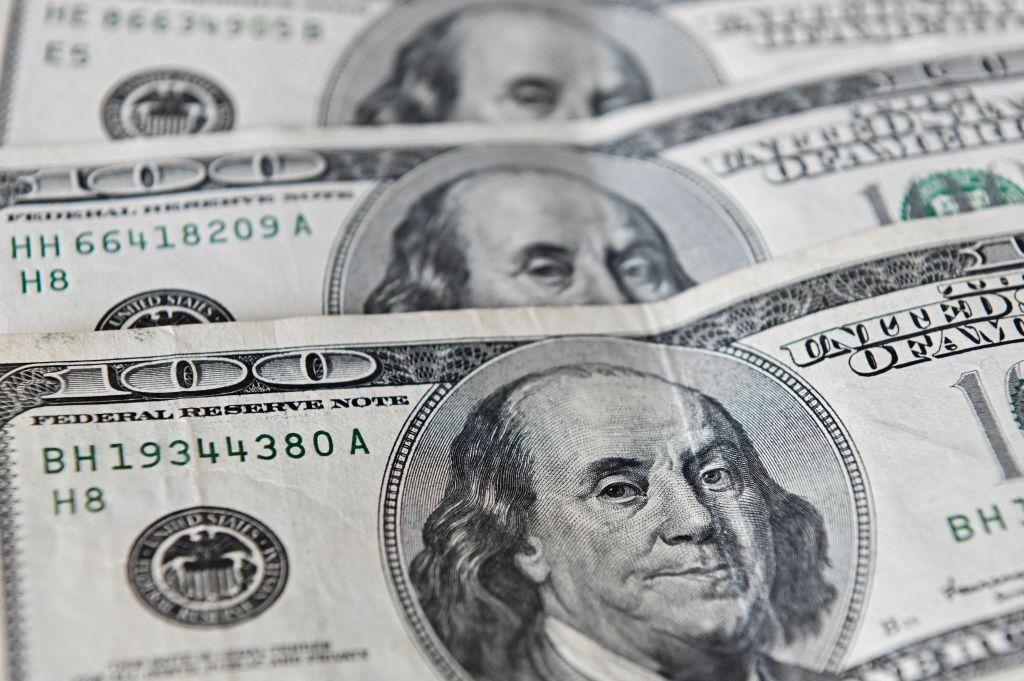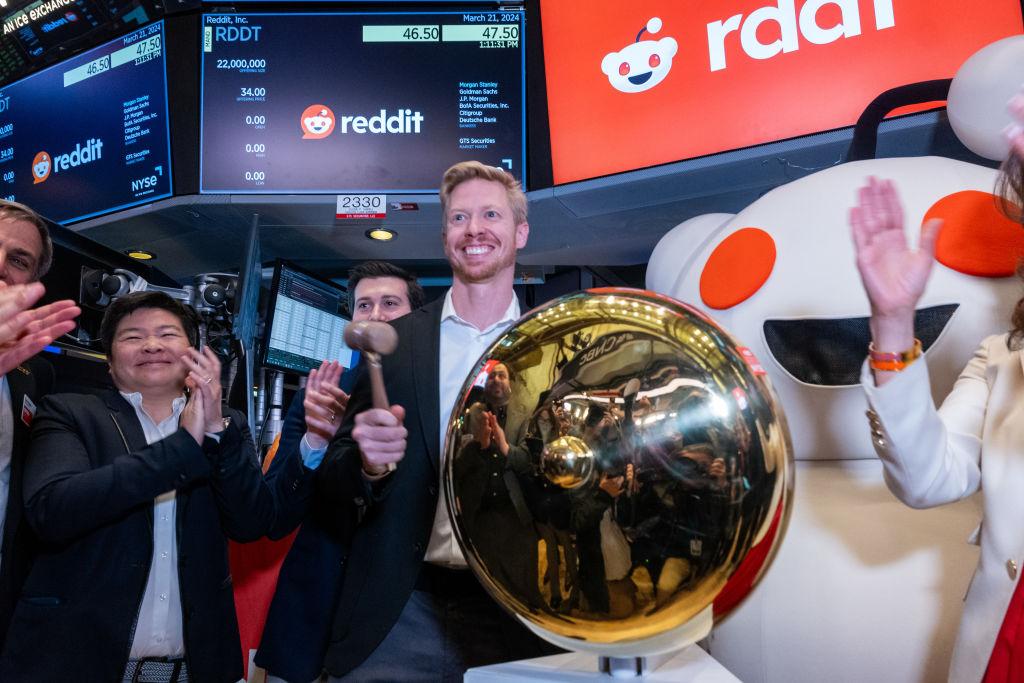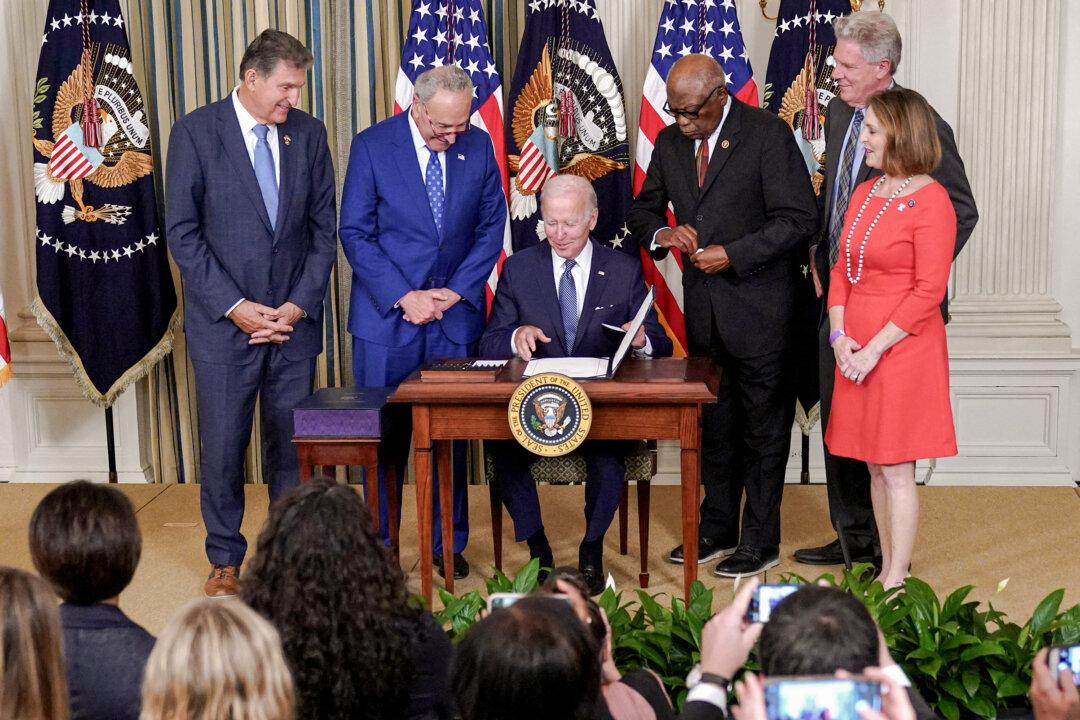There has been a lot of worry about the burgeoning partnership between Russia and China. Russia’s economy is very small, and it cannot afford to fight the continuing war in Ukraine. It needs China to help, and China is more than willing to buy energy products from Russia. The trading is being executed in Chinese yuan. Of course, Russia needs what China is selling and is happy to sell the Chinese oil at a huge discount to the world market price. This development scares a lot of people, and their fears are fanned by reporters on television that breathlessly report that the U.S. dollar is in danger of losing its status as the world’s reserve currency. What happens, however, to Russia when it runs out of U.S. dollar reserves? How do the Russians buy goods on the world wide market at a competitive price? They are going to have to ask the Chinese to be their banker.

A file photo of U.S. currency. Luis Robayo/AFP via Getty Images
Commentary




